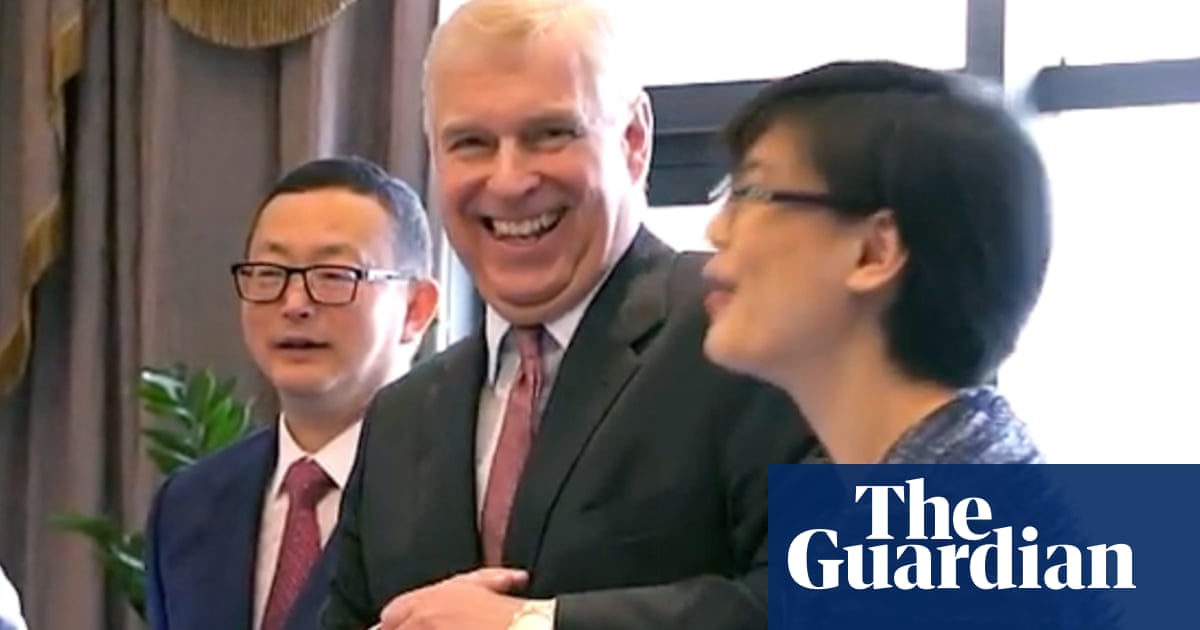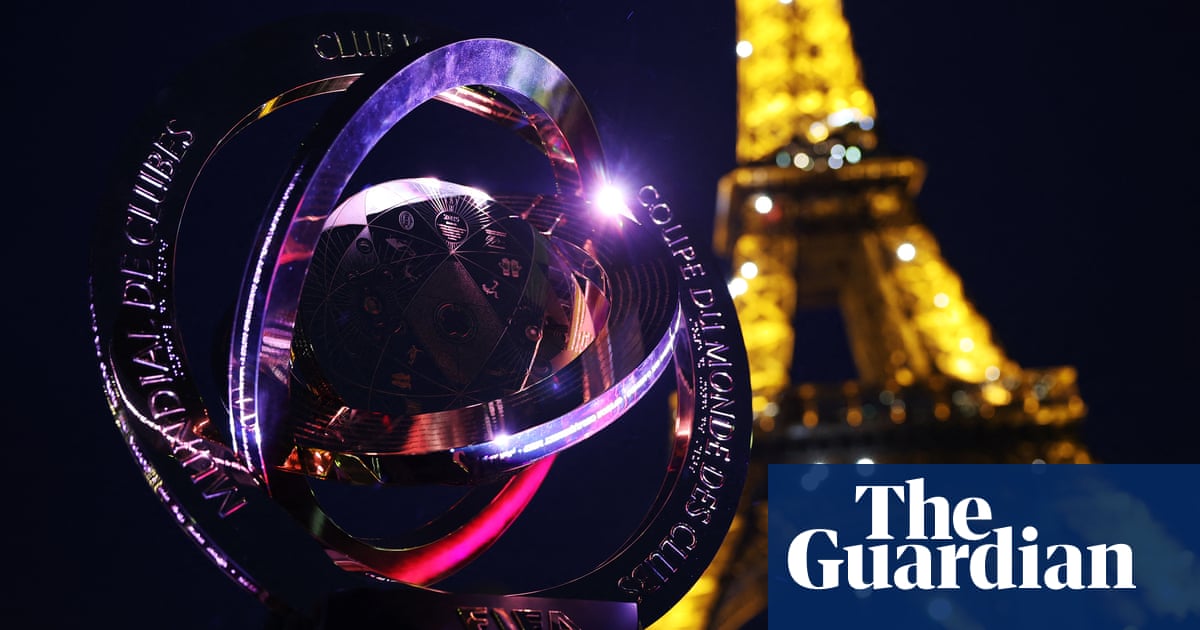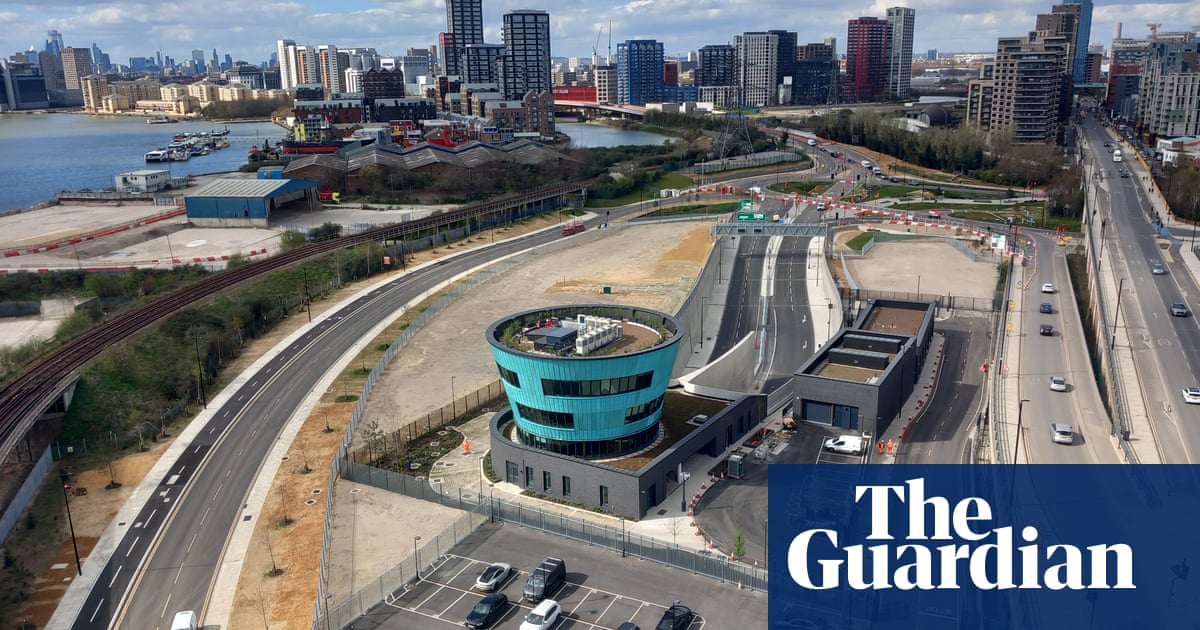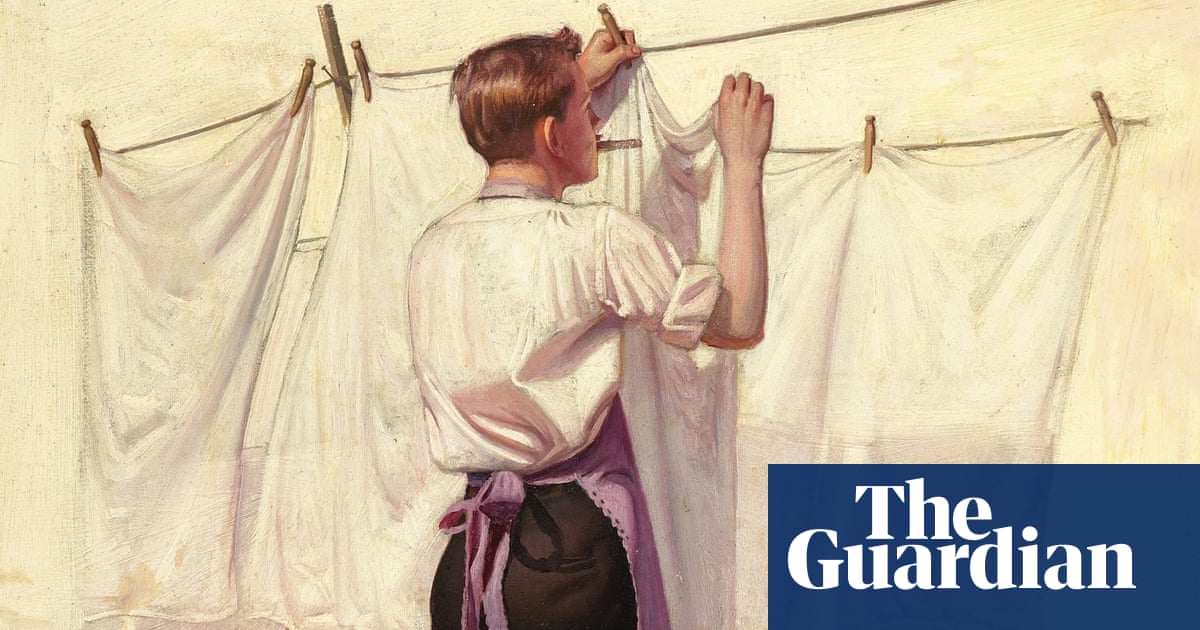Justin Trudeau’s political future has been thrown into doubt by the shock resignation of his own deputy, as Canada’s prime minister faces plummeting popularity and growing fears over a second Donald Trump presidency.
The sudden exit of Chrystia Freeland – the deputy prime minister and minister of finance – unleashed a political earthquake in Ottawa, prompting politicians both outside and in Trudeau’s own party to call for him to stand down.
In a scathing letter of resignation on Monday, Freeland appeared to question whether Trudeau was up to the job of confronting aggressive “America-first” economic nationalism, writing that – in the face of Trump’s threat of 25% tariffs on all goods and services – “Canadians doubt that we recognize the gravity of the moment.”
Political observers say the letter not only telegraphs the beginning of the end for Trudeau – but also offers a warning for other countries that Trump’s belligerence and unpredictability can drive a wedge between even the closest political allies.
Freeland, a former Financial Times reporter, had flanked the prime minister for well over a decade and was seen as a key, competent member of his government, first as international trade minister, then as foreign minister, then deputy prime minister.She had won praise for smoothly navigating what could have been a volatile North American Free Trade Agreement renegotiation process.
Which is why her departure can only spell bad news for Trudeau, said Tyler Chamberlin, an associate professor at the University of Ottawa specializing in Canadian politics.
“Given what’s happening with the tariffs … one of the things that gave me comfort was that you were going to have someone like Freeland [in Trudeau’s team],” he said. “This has just made it all more difficult.”
By insisting that he will lead his party to the polls in 2025 – despite his rock-bottom popularity – Trudeau has been compared with Joe Biden, who similarly ignored calls to stand down until just months before the US election. The Liberals have been predicted to catastrophically lose the next federal election.
“As soon as things come back after the holidays, it’s going to be lights out,” Chamberlin said. “If he goes into this election the way that he is, it’s going to be a defeat of epic proportions.”
Monday’s political chaos played out live on TV news, which had been poised to cover Freeland delivering the government’s fall economic statement. Cameras lingered on copies of, shrouded under black cloth, and never read.
Then in a final grim augury for the prime minister, a by-election in the electoral district of Cloverdale–Langley City in British Columbia was won readily by the conservative candidate.
So far, however, Trudeau appears determined to stay in office: he attended a Liberal fundraiser on Monday and sources said he appeared bolstered by the support he received.
But the decision to step down might be made for him in the New Year, if the opposition New Democratic party withdraws its support from Trudeau’s minority government, said Jonathan Rose, the head of the political science department at Queen’s University in Kingston, Ontario.
“The prime minister will either be the person who goes down with the sinking ship or he will resign before that happens,” he said.
If that happens, Freeland – whose resignation letter does not close the door on politics – may be a natural successor.
The scenario playing out in Canada can be seen as a harbinger for what other nations may face during Trump’s second term, Rose said.
“Trump is a disruptor and has less of an ideological agenda than he does to disrupt, dismantle and upset a stable political system. And that’s what he’s doing here. The lesson for other countries is to manage negotiations with a bull carefully,” he said.
In a social media post following Freeland’s exit, Trump attacked her as “totally toxic” during the Nafta renegotiation and said that “she will not be missed”.
After Trump’s tariff threats against Canada, China and Mexico, Trudeau made haste to Florida, where the two leaders were pictured grinning together. Trudeau said Canada would increase border security and surveillance to combat illegal immigration, and $1.3bn has already been allocated, the fall economic statement revealed when it was finally released late on Monday.
But the attempt to mollify Trump backfired: the US president-elect has held up Trudeau’s visit as proof of his own superiority, repeatedly belittling the Canadian prime minister as the “governor” of the state of Canada.
“It’s difficult when you’ve got someone so unstable in terms of norms of diplomacy,” said Rose. “The lessons other states would draw is: tread lightly.”

.png) 3 months ago
38
3 months ago
38













































